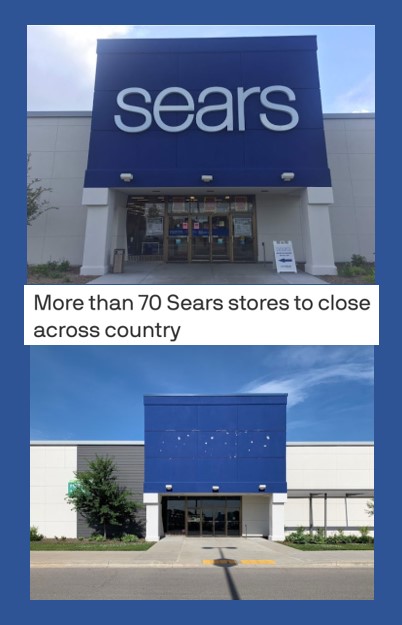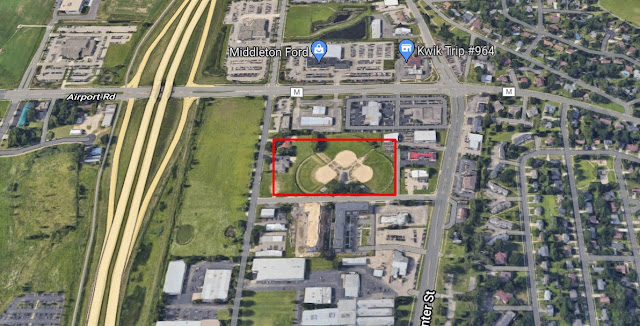As the central bank slashed interest rates again in an effort to prop up the economy, its chairwoman, Elvira Nabiullina, warned that the coming months would be “difficult for both companies and citizens” as the fallout on the Russian economy deepens more than three months into the invasion of Ukraine.
The economic toll on Russia, though difficult to quantify, has spread widely, from its largest companies to its small shops and workers.
Basic items, from paper to buttons, are in short supply. Prices of consumer goods have been soaring, with the inflation rate rising to 17.8 percent last month before dipping slightly. Sales in the lucrative energy sector, while still high, are projected to fall as European customers begin to pivot away from Russian oil. Airlines, cut off from Western manufacturers, are searching for spare parts.
NYT excerpt:
After sanctions hobbled production at its assembly plant in Kaliningrad, the Russian automaker Avtotor announced a lottery for free 10-acre plots of land — and the chance to buy seed potatoes — so employees could grow their own food in the westernmost fringe of the Russian empire during “the difficult economic situation.”
In Moscow, shoppers complained that a kilogram of bananas had shot up to 100 rubles from 60, while in Irkutsk, an industrial city in Siberia, the price of tampons at a store doubled to $7.
Banks have shortened receipts in response to a paper shortage. Clothing manufacturers said they were running out of buttons. “The economic prospects for Russia are especially gloomy,” the Bank of Finland said in an analysis this month.
“By initiating a brutal war against Ukraine, Russia has chosen to become much poorer and less influential in economic terms.”



















































